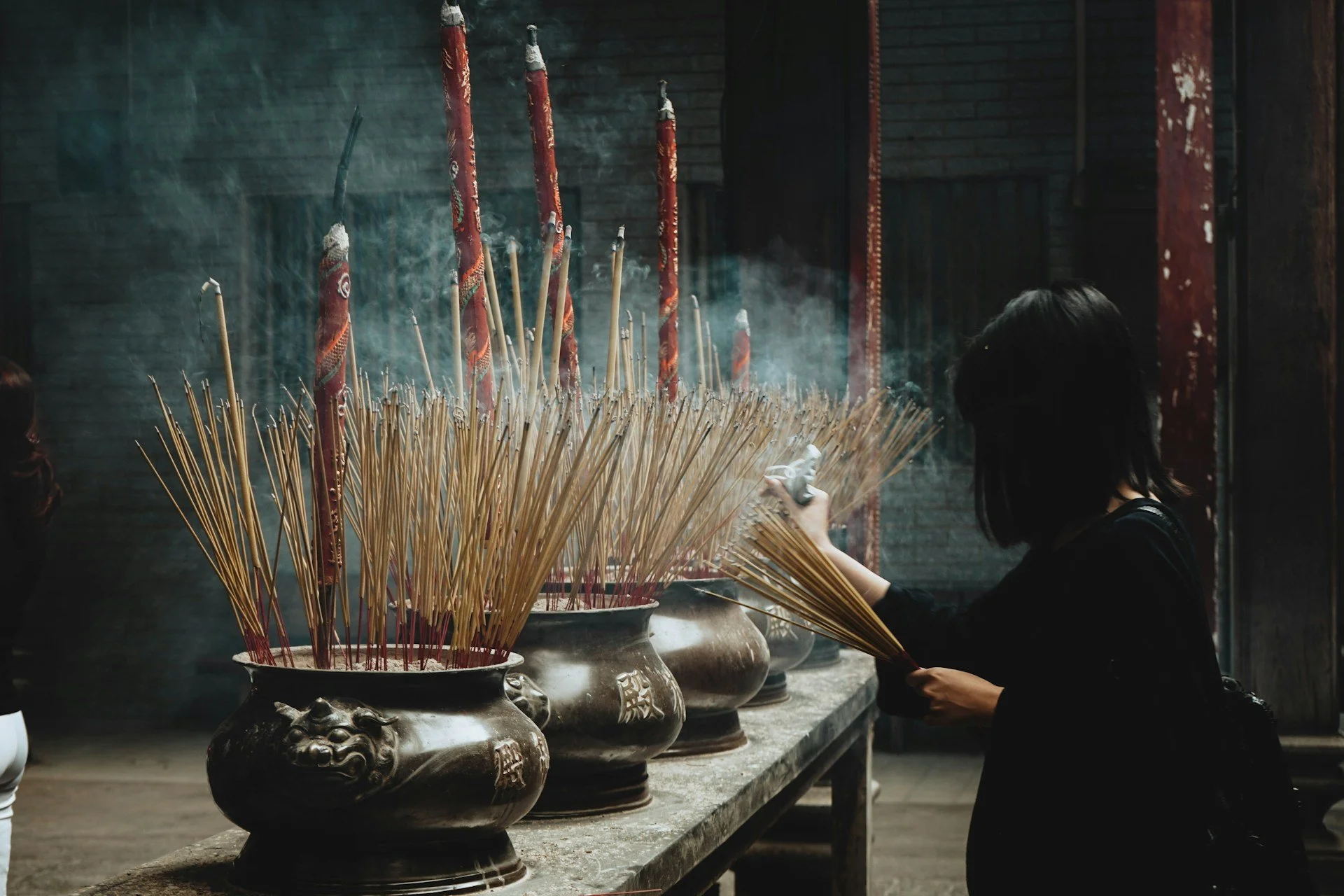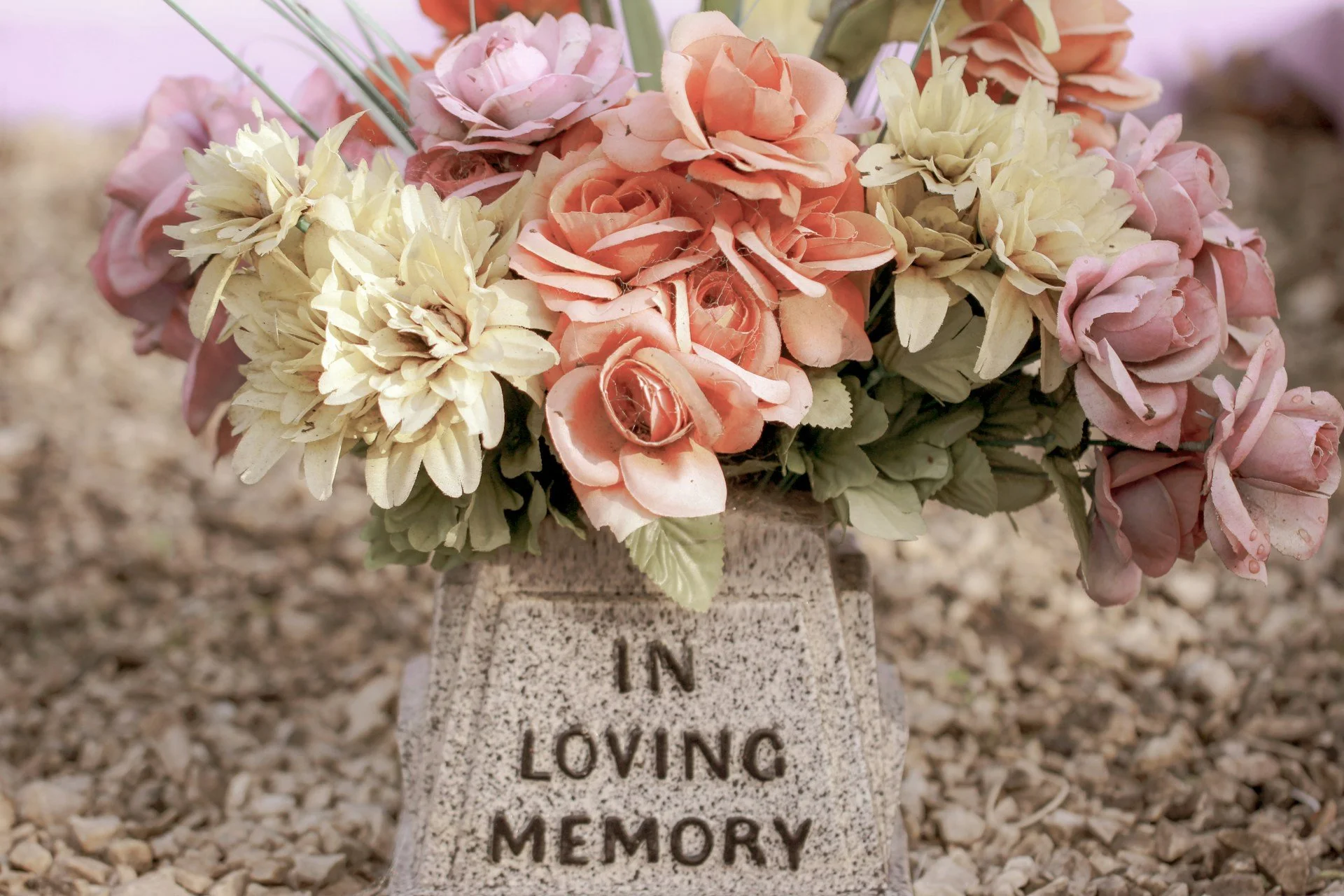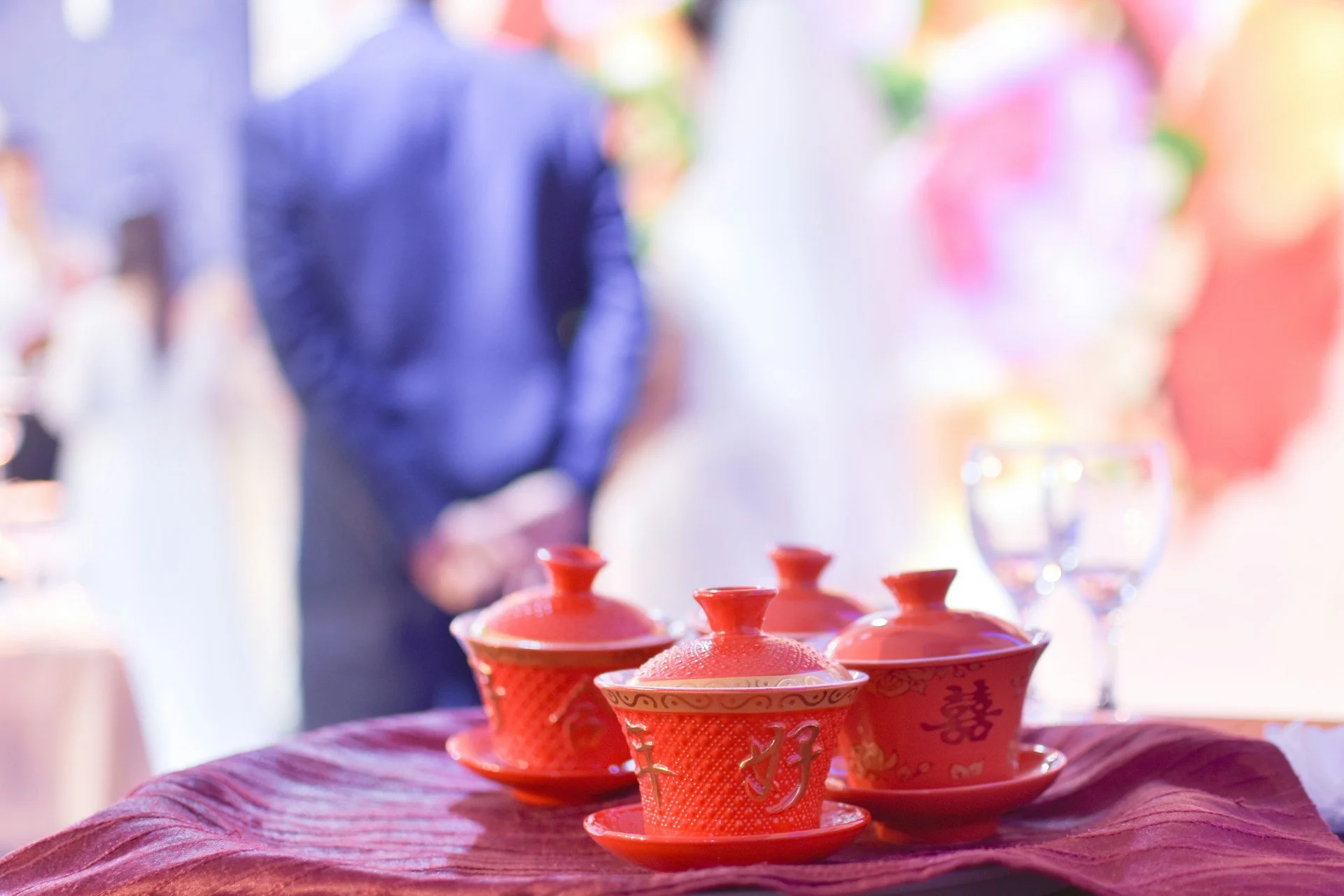In traditional Asian culture, and certainly in the Indian culture that I grew up in, honor is relational, communal, and duty-based. Our vocations, careers, lifestyles, and decisions in life may be scrutinized through an honor-based lens. While the Western society that many of us grow up in places great importance on self-expression and chosen respect, Asian honor translates to sacrifice, family reputation, loyalty, and obedience.
Our cultural heritage matters to God. Within our cultural heritage there are things we can learn about God. As Asian Christians we’re rarely told this. Perhaps we’re more often told that God wants us to set aside parts of our cultural heritage in the name of following Jesus.
But after this time of immobility, I've slowly come to realize that what I've received from my mother—my inheritance—is much greater than any sum of money: My very flesh, my whole life, was a gift from her.
Just as Jesus came as a baby approximately 2025 years ago to fulfill the hope of deliverance and reconciliation with God, there is a promise of a second coming of deliverance where all things will be once again made new. We must remember that this story of waiting is not a story of passive resignation or hardened indifference, or a fatalistic belief that nothing will change the trajectory of this cruel world’s demise. The story of redemption is not one of instant resolution, but of patient faith. And just because we cannot see what is to come does not mean we do not wait in anticipation and long-suffering for the story yet to be unraveled.
I took her withering hand in mine, the same hands that raised me up, the same hands that taught me how to read the Bible, the same hands that fed me purple yams, and I sighed. Because as a musician, I’ve been trained to hear what is both in sound and silence. Because as an actor, I’ve been taught to read between the lines. Because as a mixed child, I hold a distinct universe of two cultures, and yet, neither of them at the same time. Because as a Vietnamese girl who didn’t speak the language, I learned to navigate meaning in the space between understanding.
Asians from all sorts of ethnic backgrounds, immigration stories, denominations, and contexts came together as one body—distinct, yet unified by a common faith and shared heritage.
This was the mentality that my parents instilled in me when I was growing up. Grounded in cultural (i.e., Korean) and biblical principles, a part of this mindset was for my sister and me to be kind to one another as siblings. But make no mistake about it: in my family, the “family comes first” mentality disproportionately emphasized the need to honor our parents.
Browse the Blog Archives







